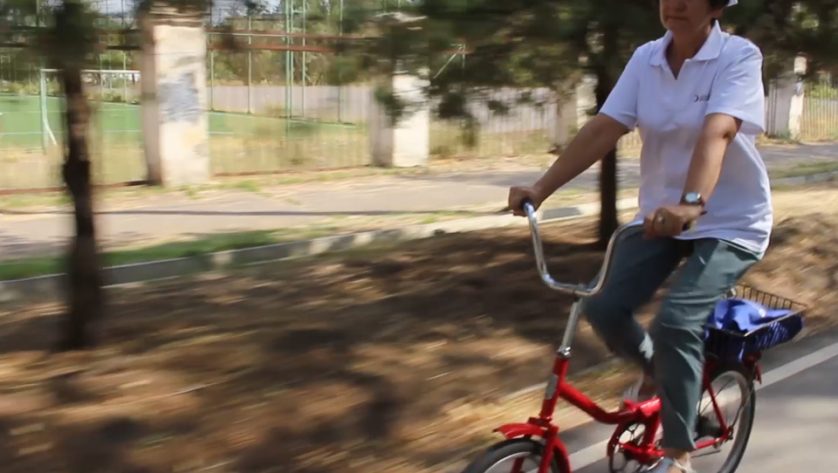Purnima Mistri lives with her husband and only son in Paikgacha, a small and remote community in the heart of Bangladesh’s sprawling, southern coastal delta region. Surrounded by picturesque riverways and shrimp farms, Purnima’s home rests on one of the most vulnerable and climate-hazard prone regions in Bangladesh. Climate change has only increased the severity of devastating storms and floods. Communities like Paikgacha, and nearby Dacopne and Koira, face overwhelming challenges in adapting and recovering from recurrent crises.
To help vulnerable communities cope and adapt to the changing climate conditions, the Bangladesh Red Cresent Society (BDRCS) started a project called “Coastal Disaster Risk Reduction Program” in Paikgacha. Its primary purpose is to raise awareness about disaster management within these communities and to provide families with new skills and alternative livelihood sources that will help them withstand compounding crises. During a series of group sessions, community members learn how to rear livestock and grow vegetable gardens more effectively, among many other activities.
In 2021, Purnima received a total of 4,500 Taka (approximately 50 USD) for participating in a nine-day training with BDRCS, which she decided to invest in new ways to generate income for her family. After completing her training, Purnima started reaping the benefits of her investment and hard work. She now has hens and ducks that provide eggs to feed her family and to sell in the local market. Purnima also built a small vegetable garden around her house that bears nutritious herbs and vegetables.
Now she is doing well and providing enough for her family.
“My life is very different now. We can earn and provide for the family,” she says. “Now, I also participate in the decision-making for my family and my husband. Once we had nothing, but now we are building our life slowly.”
 Red Cross Red Crescent magazine
Red Cross Red Crescent magazine 
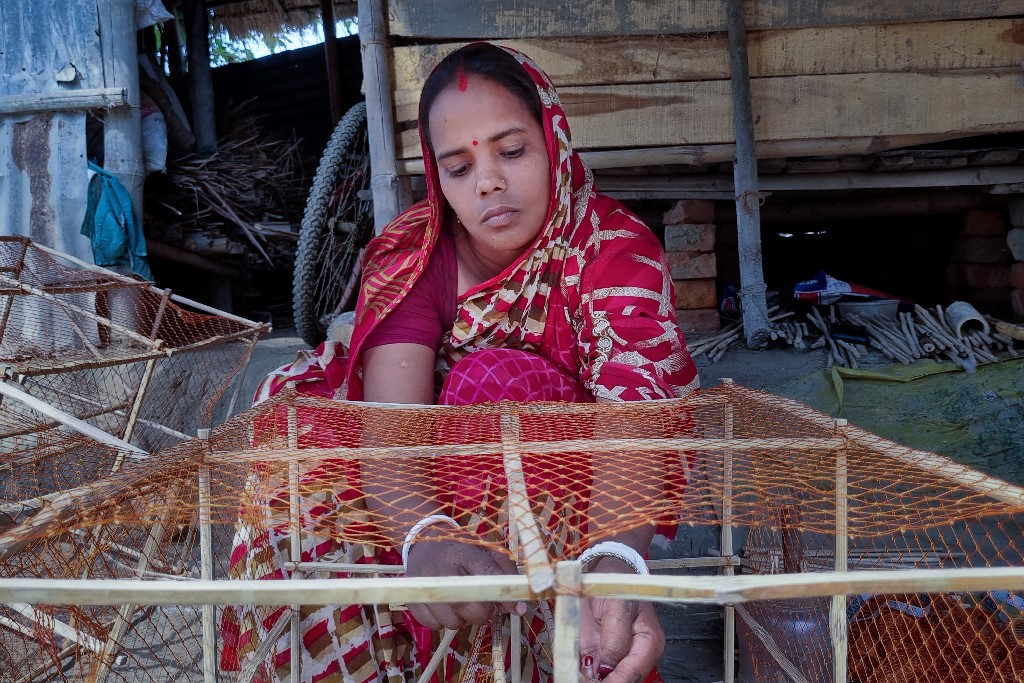
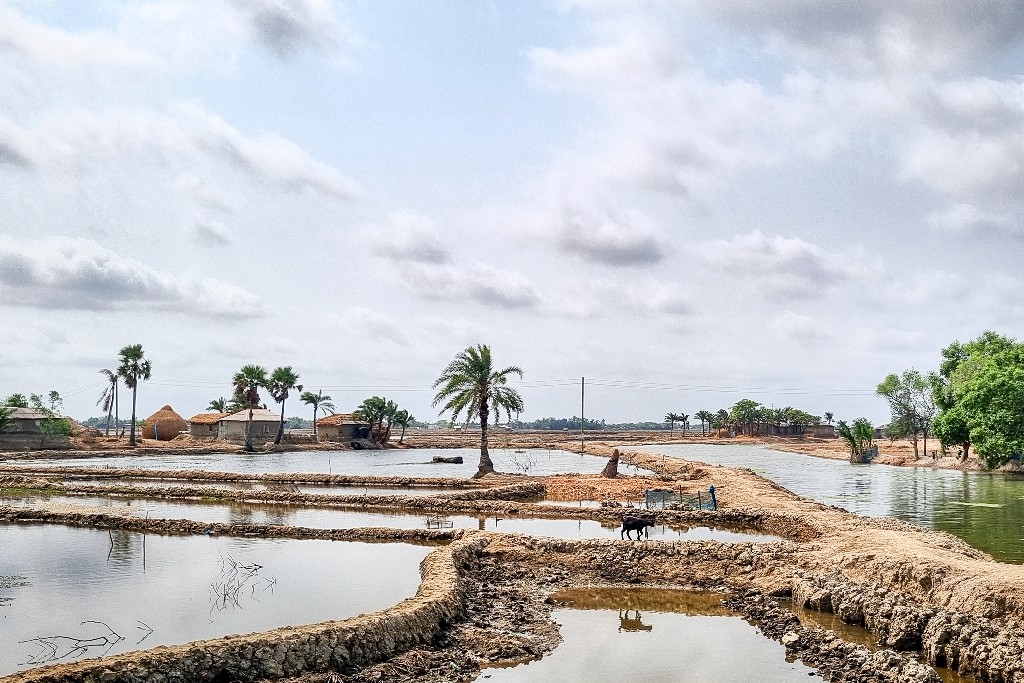
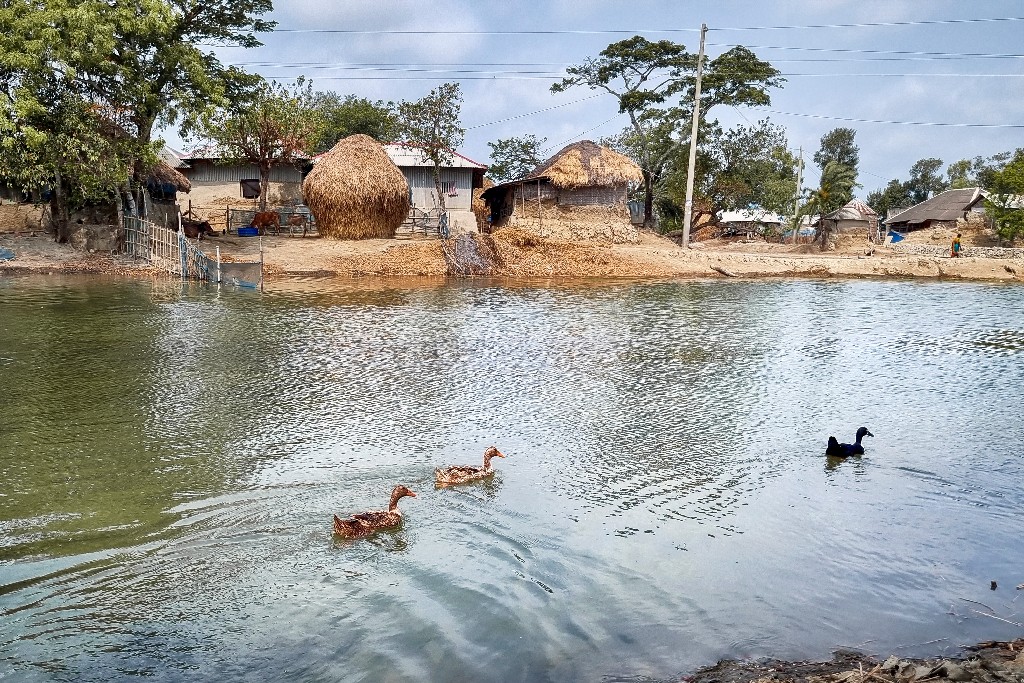
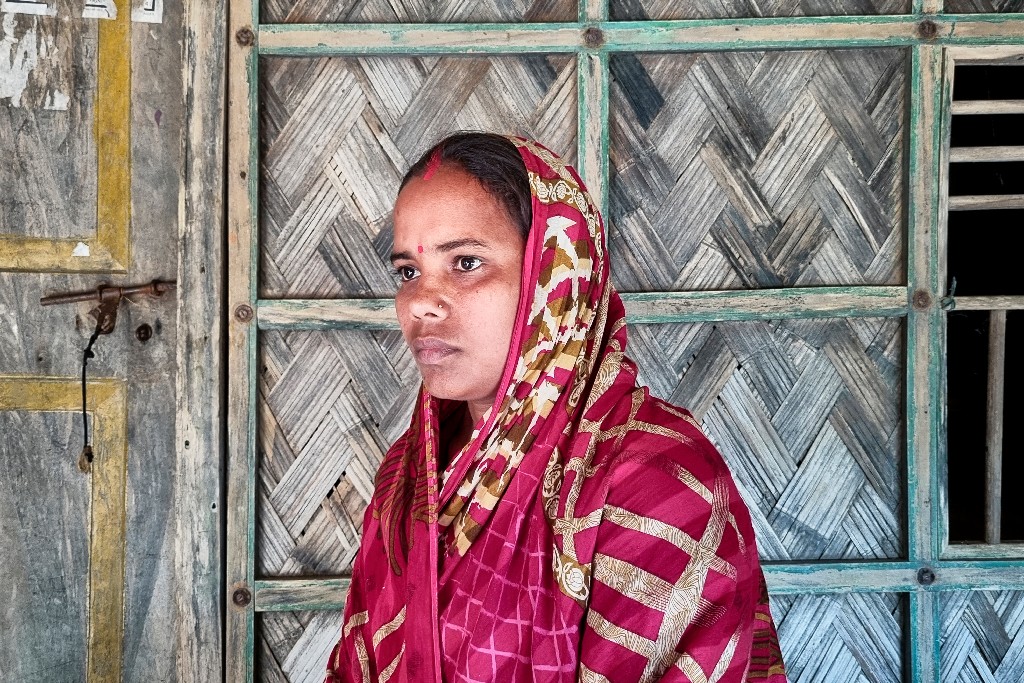
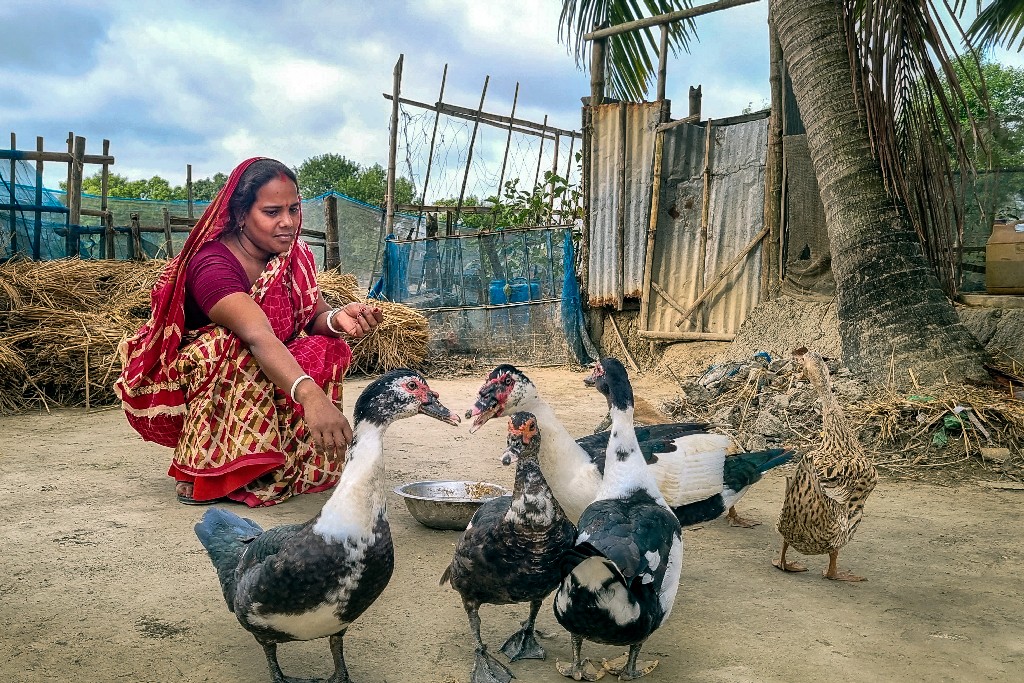
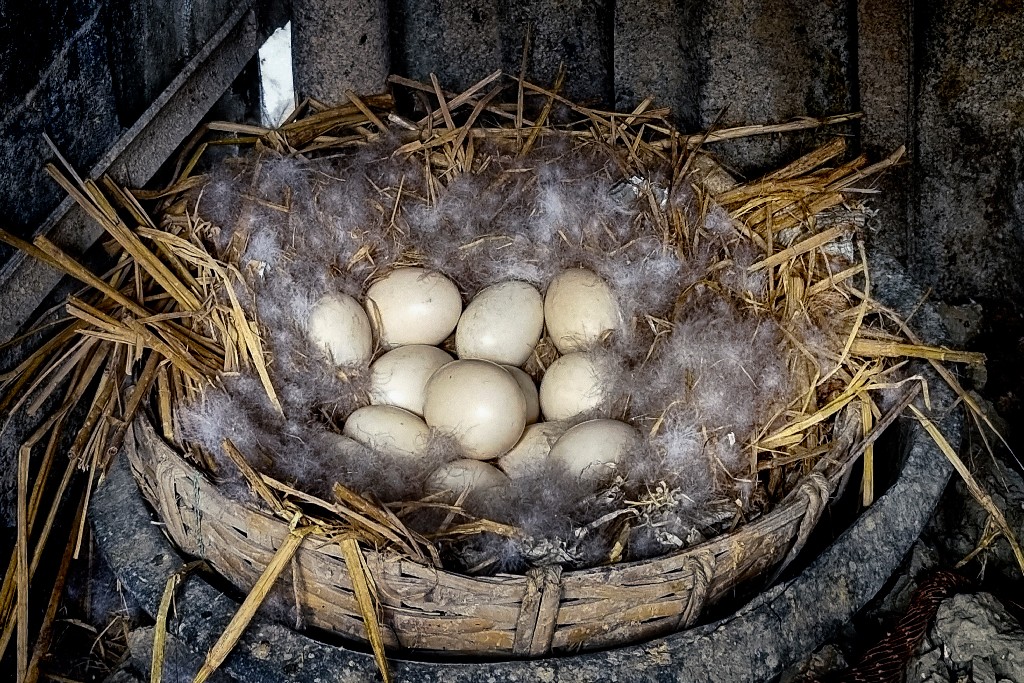
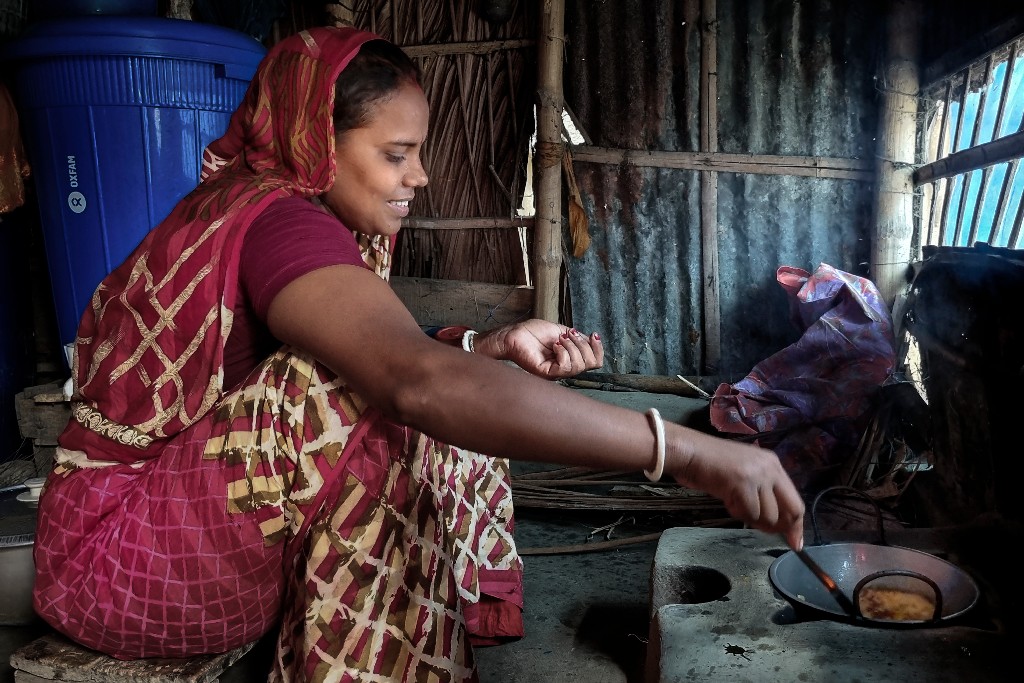
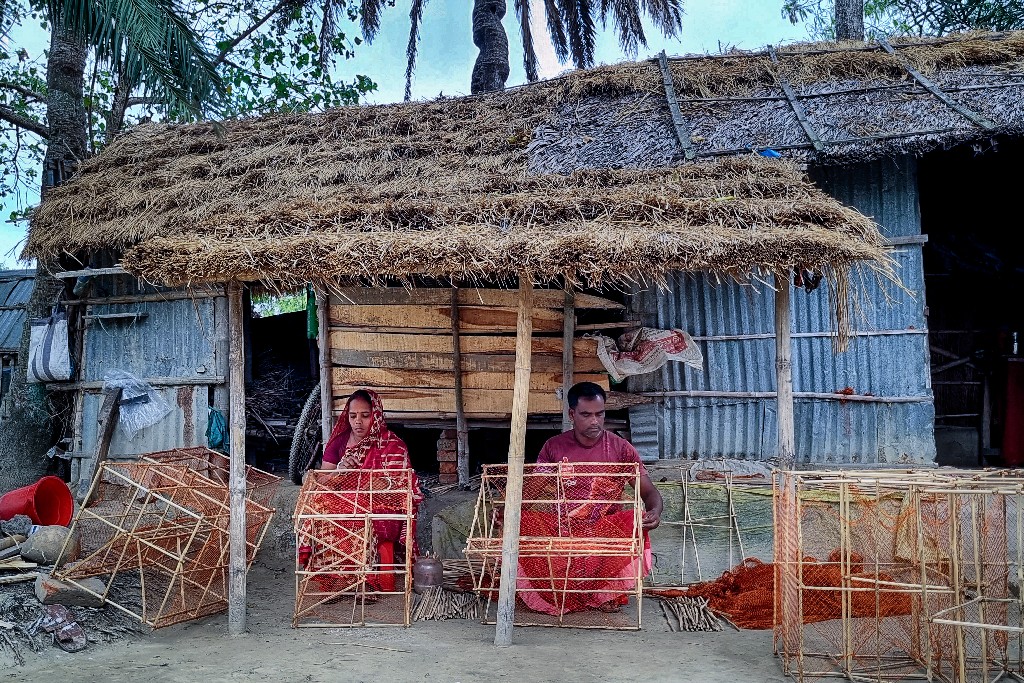

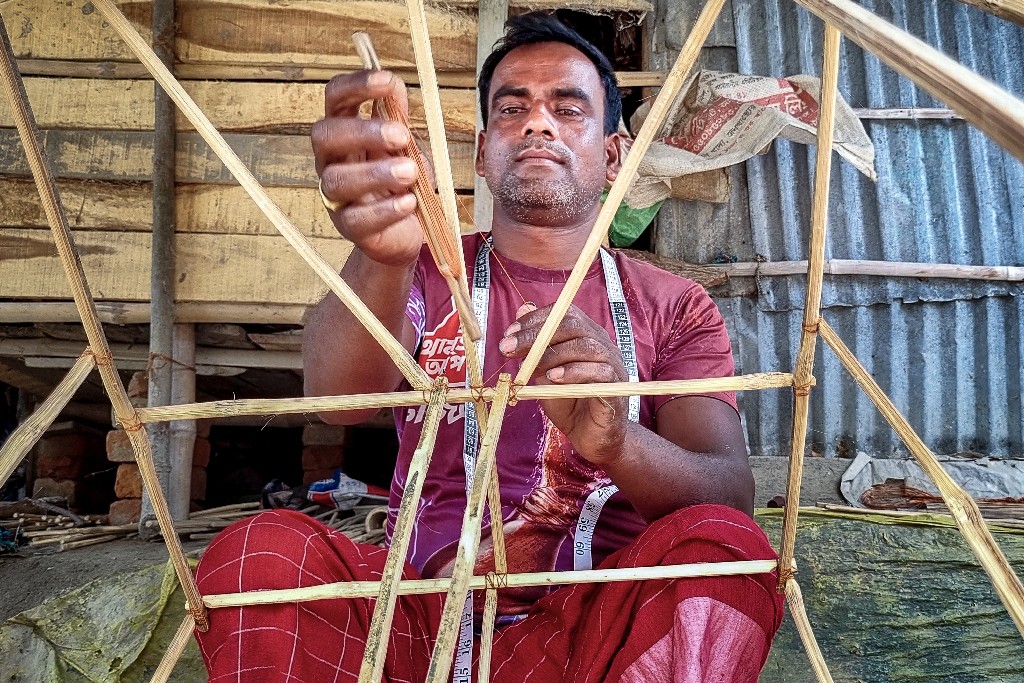
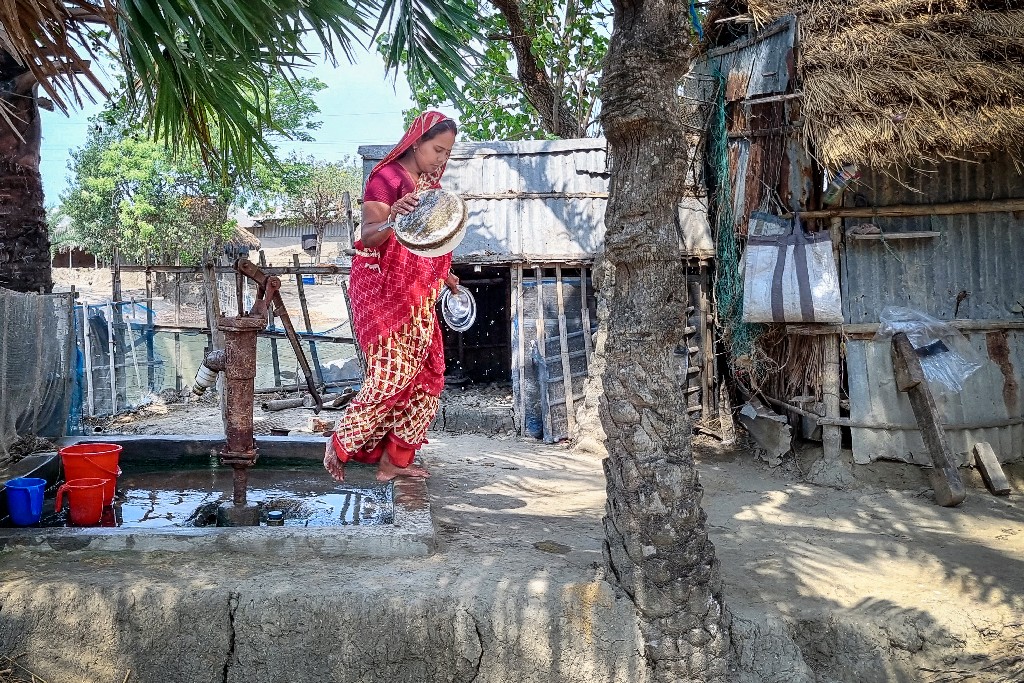
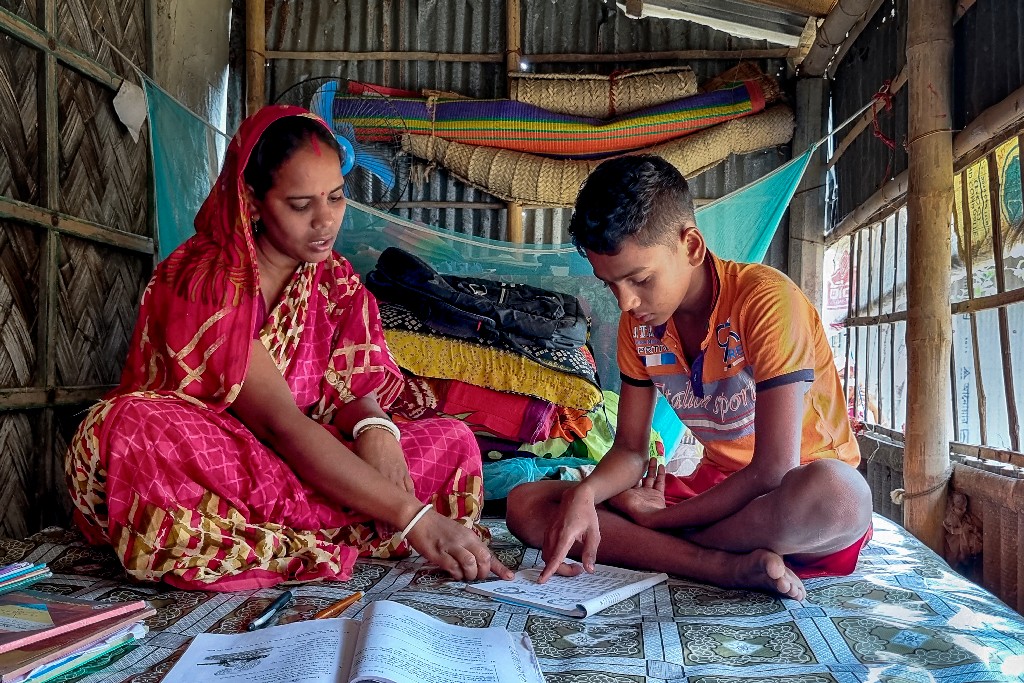
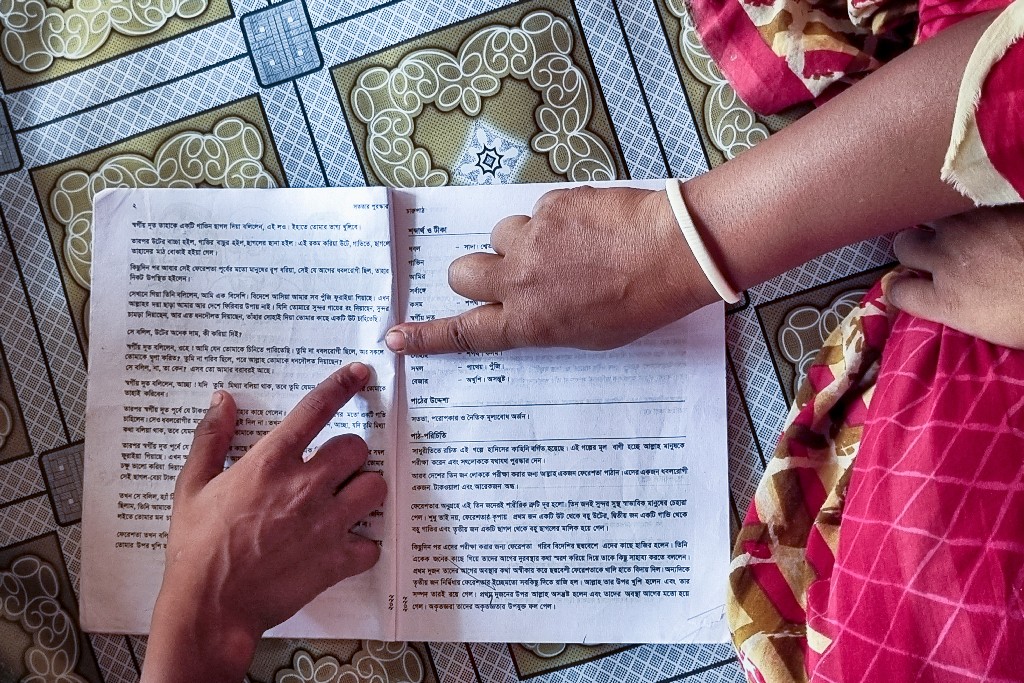
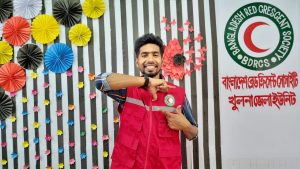





 Tech & Innovation
Tech & Innovation Climate Change
Climate Change Volunteers
Volunteers Health
Health Migration
Migration